Offset (2006) Online
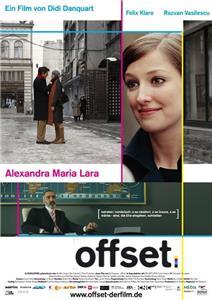
Nicu (Razvan Vasilescu) runs a print shop in Bucharest, Romania, and Brindusa (Alexandra Maria Lara) is his secretary and translator. Years ago, they were lovers, but now they maintain a friendly, if occasionally awkward, relationship. When Nicu orders a new printing press, Stefan (Felix Klare), a German engineer, is sent to install the machine. Soon after his arrival, he and Brindusa begin dating. When Nicu learns of their relationship, he grows increasingly obsessed with breaking them up.
| Credited cast: | |||
| Alexandra Maria Lara | - | Brindusa Herghelegiu | |
| Felix Klare | - | Stefan Fischer | |
| Razvan Vasilescu | - | Nicu Iorga | |
| Manfred Zapatka | - | Herr Fischer | |
| Katharina Thalbach | - | Frau Fischer | |
| Bruno Cathomas | - | Peter Gross | |
| Ioana Abur | - | Christina | |
| Valentin Platareanu | - | Herr Herghelegiu | |
| Anna Stieblich | - | Iris | |
| Rest of cast listed alphabetically: | |||
| Doru Ana | - | Worker / Guest | |
| Antoine Bagnaninchi | - | Investor | |
| Andreea Bibiri | - | Wedding shop sales girl | |
| Aura Calarasu | - | Secretary Wedding House | |
| Marius Chivu | - | Bodyguard Florin | |
| Antoaneta Cojocaru | - | Nurse |
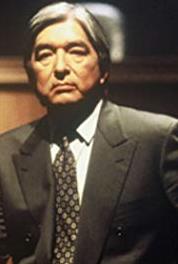

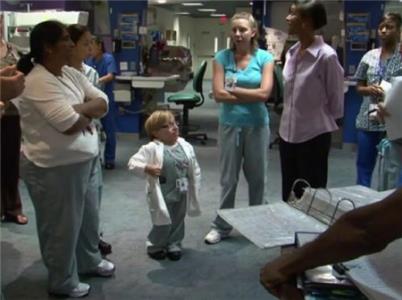
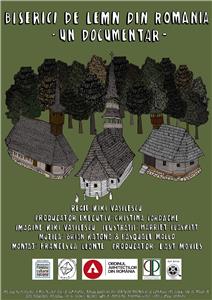
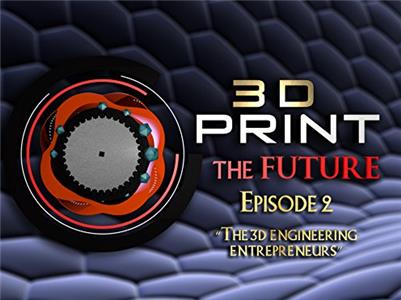

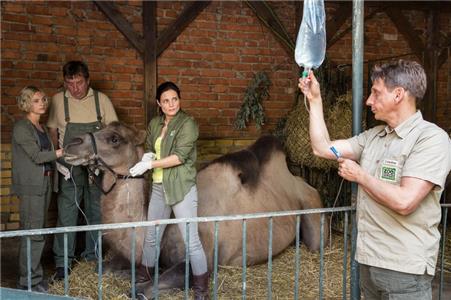
User reviews